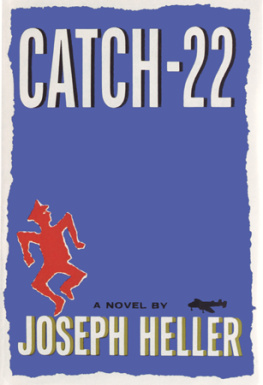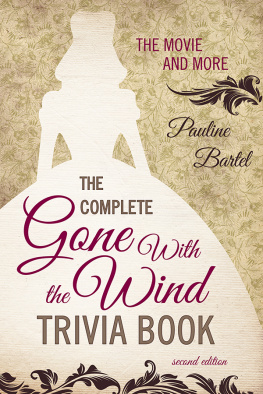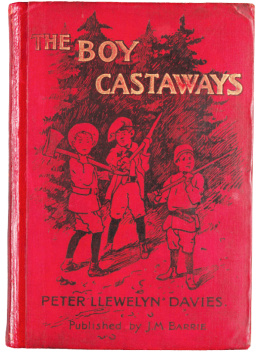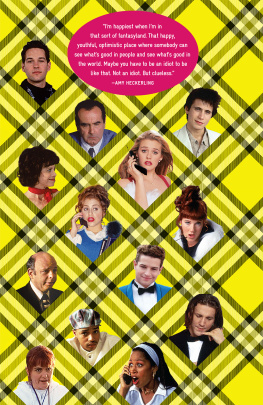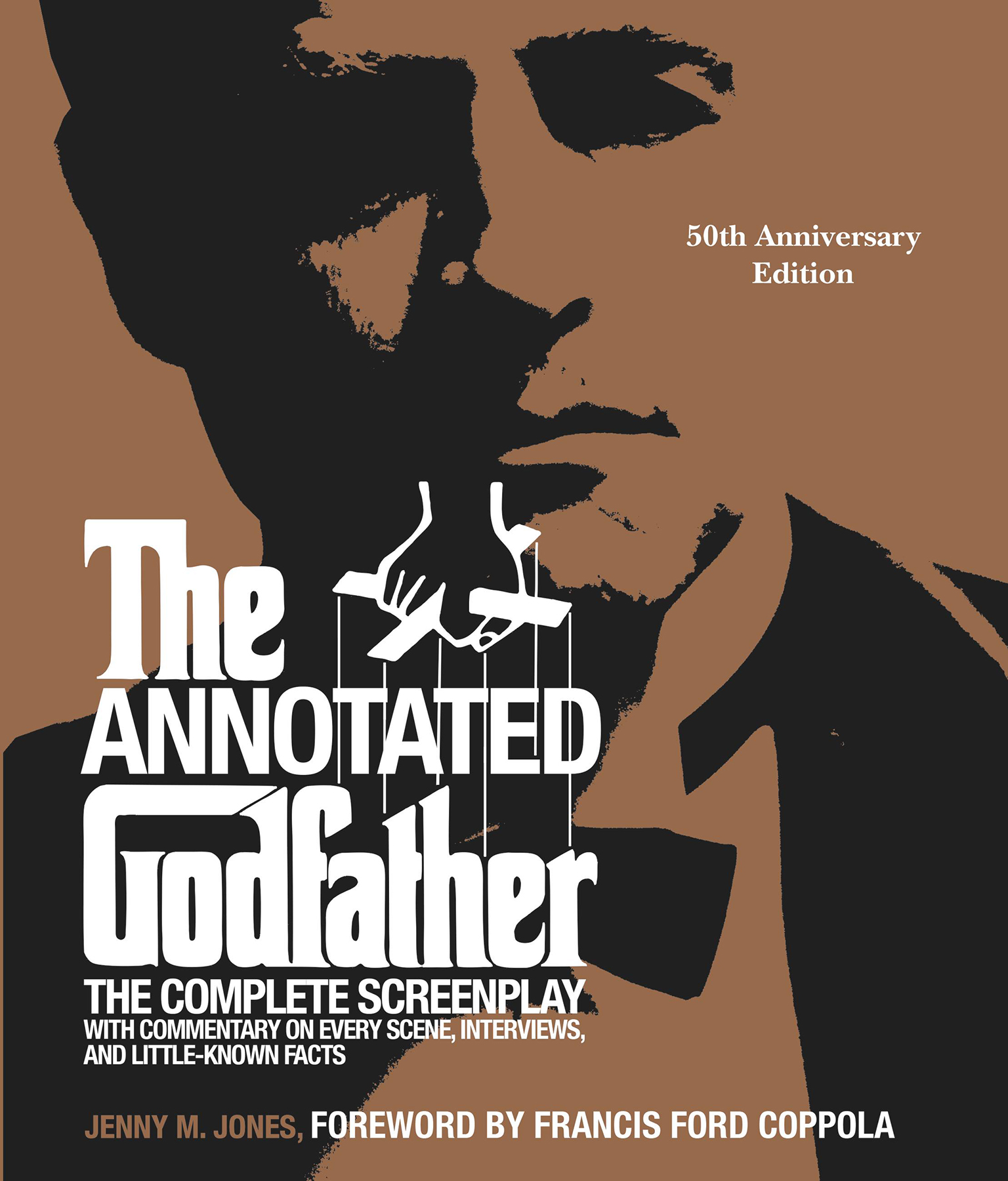
TM & 2007, 2021 Paramount Pictures. All rights reserved.
Foreword copyright 2021 by Francis Ford Coppola
Cover design copyright 2021 by Hachette Book Group, Inc.
Excerpts from The Godfather by Mario Puzo 1969, reprinted with permission of Donadio & Olson, Inc.
ACADEMY AWARD and OSCAR are registered trademarks of The Academy of Motion Picture Arts and Sciences. 2007 The Academy of Motion Picture Arts and Sciences. All rights reserved.
Hachette Book Group supports the right to free expression and the value of copyright. The purpose of copyright is to encourage writers and artists to produce the creative works that enrich our culture.
The scanning, uploading, and distribution of this book without permission is a theft of the authors intellectual property. If you would like permission to use material from the book (other than for review purposes), please contact permissions@hbgusa.com. Thank you for your support of the authors rights.
Black Dog & Leventhal Publishers
Hachette Book Group
1290 Avenue of the Americas
New York, NY 10104
www.hachettebookgroup.com
www.blackdogandleventhal.com
Additional photo credits: AP Images .
American Zoetrope Research Library .
Ruddy Morgan Organization (bottom).
First 50th Anniversary Edition: September 2021
Black Dog & Leventhal Publishers is an imprint of Perseus Books, LLC, a subsidiary of Hachette Book Group, Inc. The Black Dog & Leventhal Publishers name and logo are trademarks of Hachette Book Group, Inc.
The publisher is not responsible for websites (or their content) that are not owned by the publisher.
The Hachette Speakers Bureau provides a wide range of authors for speaking events. To find out more, go to www.HachetteSpeakersBureau.com or call (866) 376-6591.
ISBNs: 978-0-7624-7383-0 (hardcover); 978-0-7624-7382-3 (ebook)
E3-20210804-JV-NF-ORI
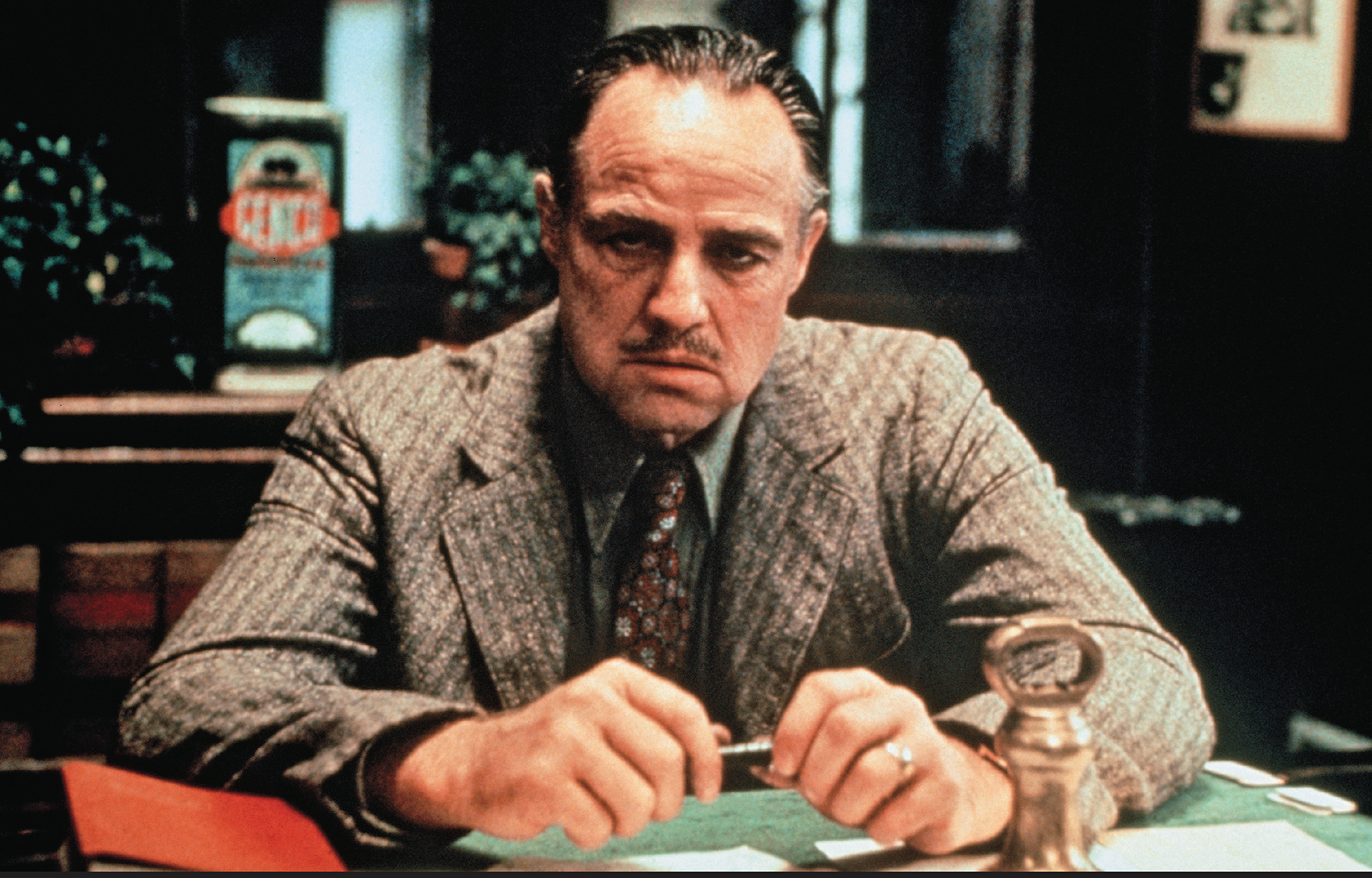
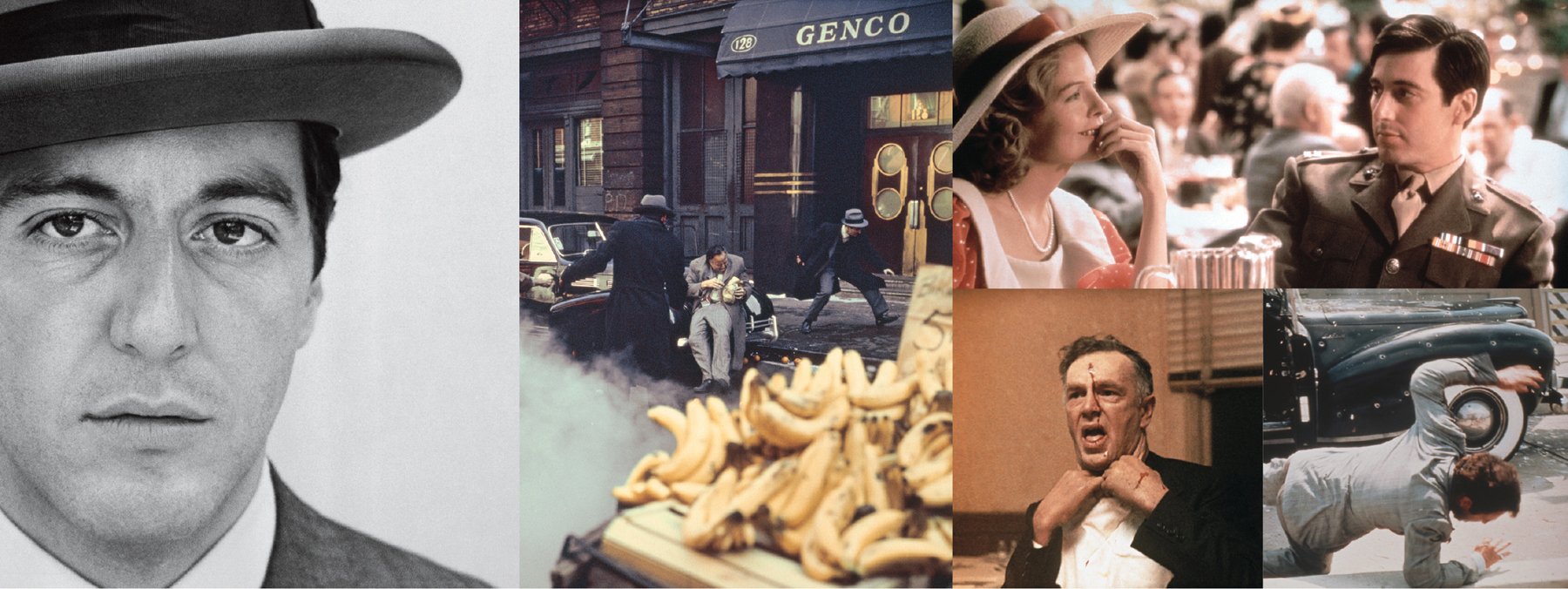
Ive pretty much said all I have to say about The Godfather and, giving credit where credit is due, have made it clear in the past that Mario Puzo did the heavy lifting on this project, which is the reason his name appears before the title. My unique value to the film was gained due to my Italian-American upbringing and familiarity with New York Italians in the way that they spoke, their style and particular ambience, as well as their priorities. That cultural authenticity, when spread around a gangster-driven plot line, gave The Godfather something new. Certainly, when you compare the film to many gangster films of the past, even exceptional ones with great directors like Howard Hawkss Scarface with Neapolitan Al Capone brilliantly portrayed by Yiddish theaters Paul Muni or William Wellmans The Public Enemy, which rarely cast Italians as Italians, and especially that rare synthesis, the New York Italian-American, you realize that people who talka-lika-dis were usually great Jewish actors faking being Italians. Even in The Godfather, Marlon Brando isnt pretending hes an Italian; hes pretending hes a New York Italian, which is where my own familiarity with such people came to shine. Quite coincidentally, Marlon once told me that his entire understanding of what acting could be came from watching Paul Muni from the wings in the play they were in together, A Flag is Born.
My family generally evolved from the good boys of the neighborhood: those who took school and education as the key to success in this brave new country. Yet they knew the others, the hoodlums who terrorized the neighborhood and grew up to be gangsters, both petty and famous, but all butchers and sociopaths, like the character Humphrey Bogart played in William Wylers Dead End. My father and certain uncles went to Stuyvesant High School and were the star musicians in the orchestra, with music being the field that attracted them rather than crime. But the family culture was, if not the same, quite close to it: what they ate and drank, what life was like with three and even four brothers sleeping in a bed like sardines, a mother who did all the housework, cooking, made and mended all the clothes, and divided a single orange into segments, one for each of seven brothers.
Even Mario Puzo, an Italian-American, didnt have the authenticity Im speaking of. A real Italian knows that one would never call someone Don Corleonebut rather Don Vito or Don Vitone (one puts the first name after the honorific Don). Mario picked up most of what he knew about the Mafia from research, reading The Valachi Papers and such. Italian-Americans come in many editions: Marty Scorsese comes from a family who still spoke Italian and cooked real Italian food as my family did. Robert De Niro, like Mario, comes from another, more distant version of the Italian family culture. Not less, but different. All this may well seem like splitting hairs, but in a motion picture, such details are very evident and make all the difference. Even the wonderful sayings Don Corleone recites in the novel ultimately came from Marios own mother, whom he described more carefully in what he himself believed was his superior novel, The Fortunate Pilgrim.
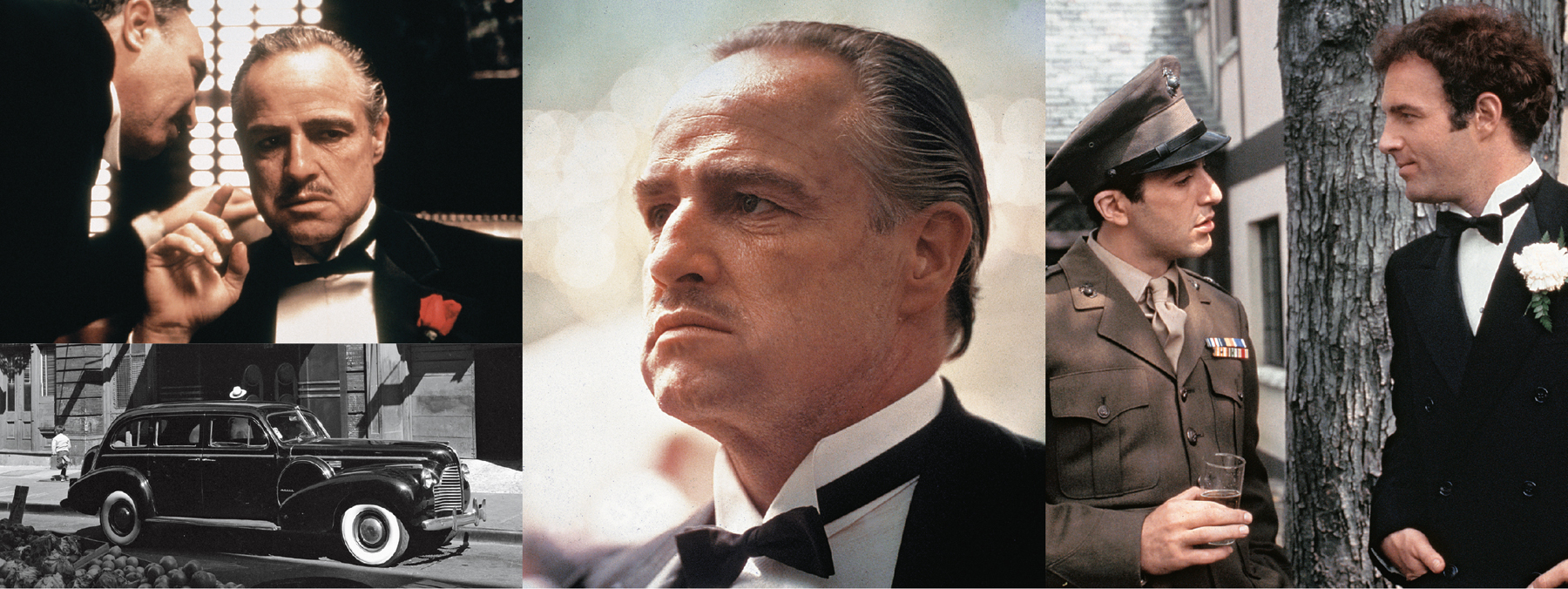
Many of these elements found their way into the screenplay we wrote together. As I said, Marios novel had done all of the hard work of character and story; however, after reading his first draft, I realized that the actual moviecraft would have to be done by me. But I sensed that he could correct and guide me. He didnt seem to have much problem with that approach; he was casual about it, relaxed and laid-back. I wrote the script, mailed it to him in New York, and he sent it back with his handwritten comments on it. We did this back and forth a few times, and it was a good way to work; a good collaboration. His input was crucial and greatly improved the script.
Almost 50 years later, I am still astonished by how much this film changed my life and is the platform that supports all my dreams and wishes about my life. How odd, I feel. How greateful I am to Mario Puzo, not just because the book he intentionally wrote as a potboiler so he could leave something to his children also enabled me to build an entire film career and also hopefully leave something to my children, but for his kindness and the feeling of warmth and fondness that fills me whenever I think of him. I learned so much from Mario Puzo, my memory fails me now on a percentage of it. But certainly, it was about the elegance found in simplicity and the fact that truths need to be felt rather than talked about.
Francis Ford Coppola, 2021
What are they getting so excited about? Its only another gangster picture.
Marlon Brando, 1971
Looking back thirty-five years after the release of The Godfather, one cant help but marvel how the film ever got made, when every conceivable obstacle stood in its way.
A writer who didnt want to write it.
Mario Puzo was broke and needed to pen something commercial in order to write the kind of books he really cared about.
A studio that didnt want to produce it


